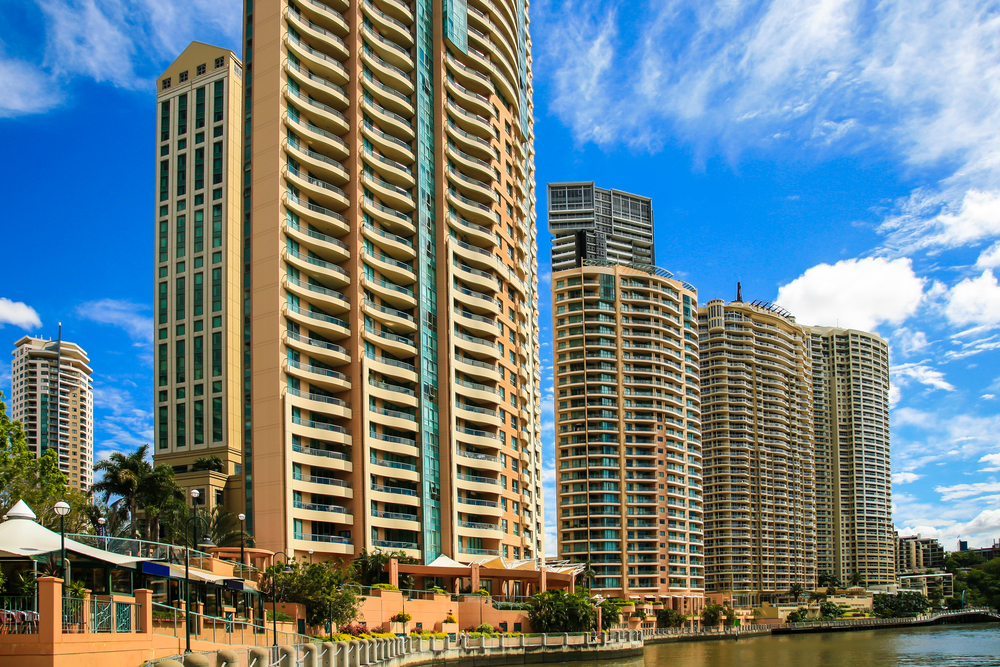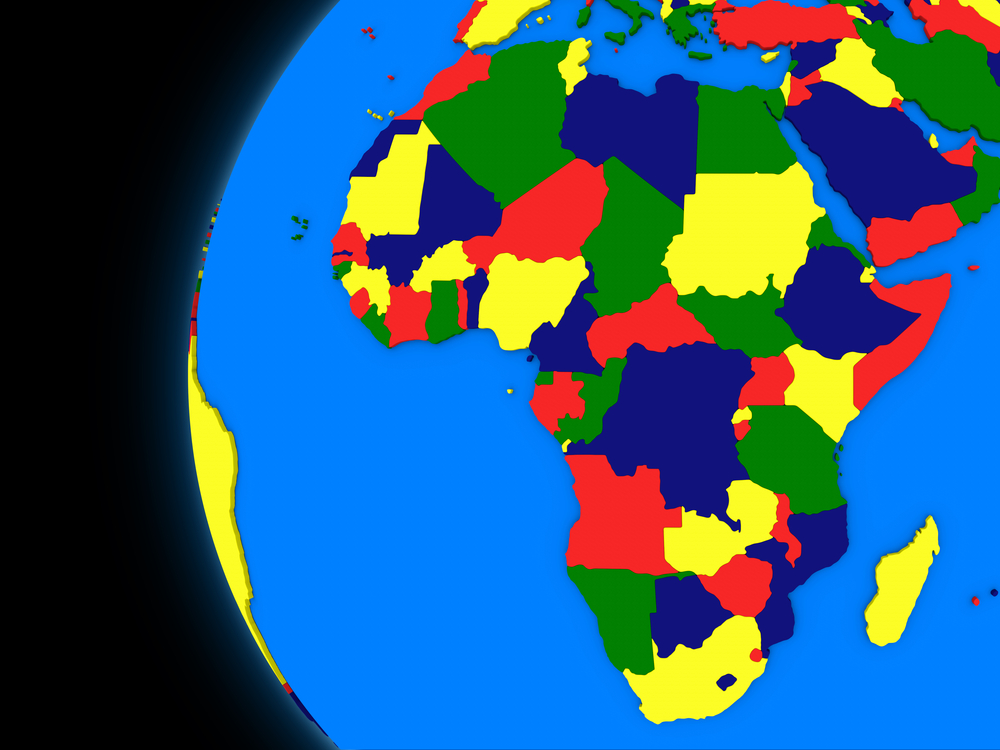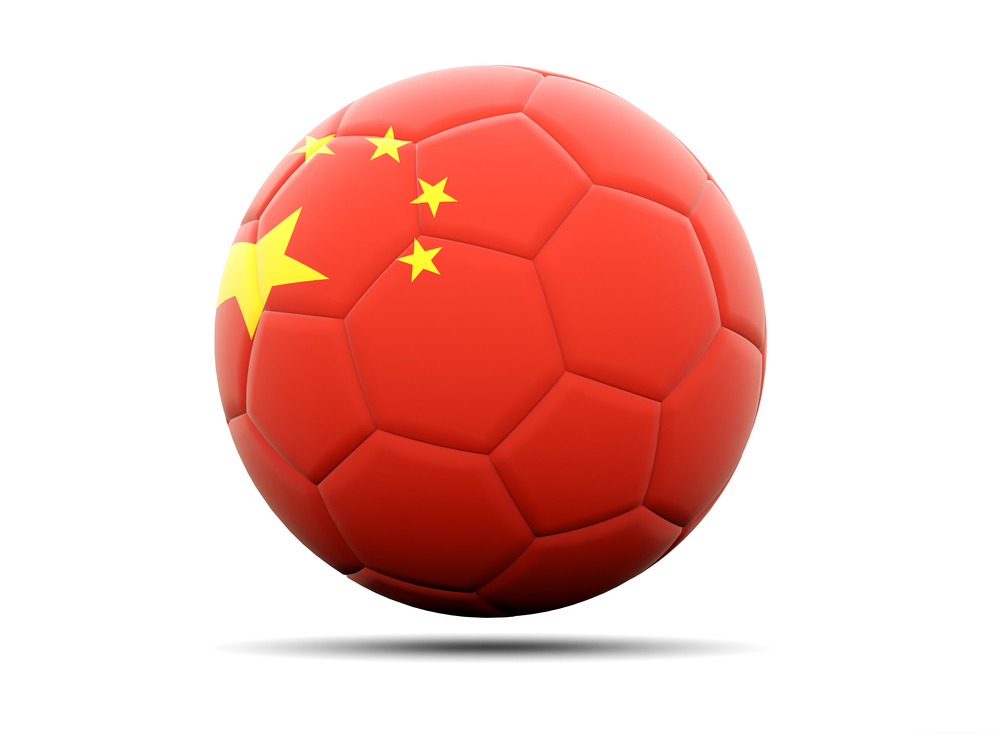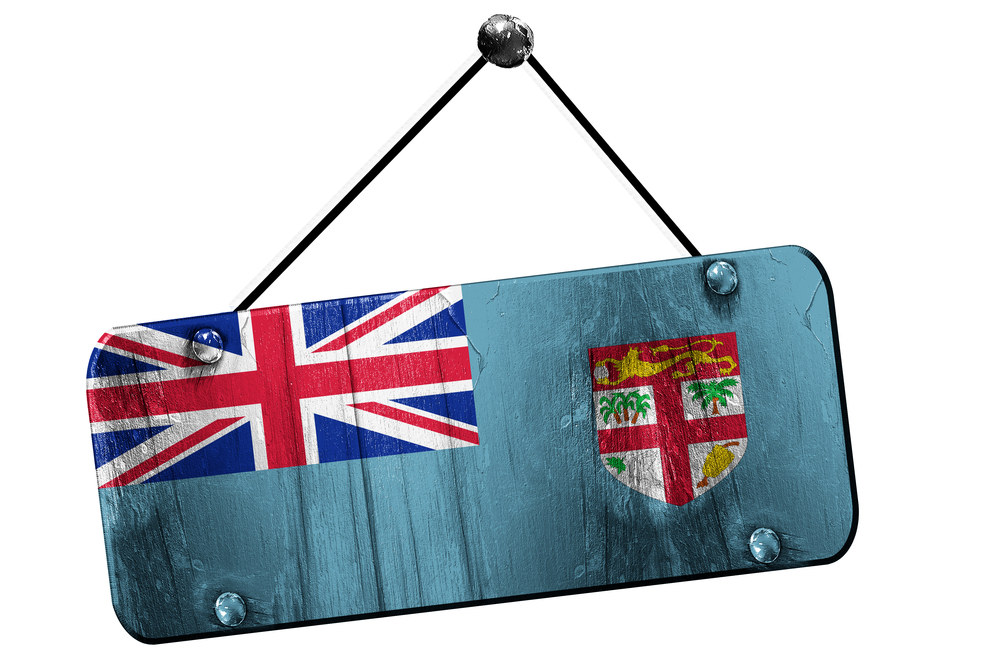India is Giving its Trade Strategies a Rethink
India’s approach in negotiating regional and bilateral free trade agreements (FTAs) is again in sharp focus. Concern is rising over long delays in concluding a number of major agreements of which India is a part. Foremost among these is the...
Beware Chinese Innovation
As advanced manufacturing is about to accelerate in China, the rules of economic development could change across the world. About a year ago, China’s State Council unveiled a national plan, “Made in China 2025,” which seeks to upgrade China’s manufacturing...
Running with the Herd
The price gap between houses and apartments in many Australian cities is closing as property investors exhibit a significant degree of herding behaviour, according to new research. The research comes amid speculation that Australia is in a housing bubble. Herding behaviour...
Could Autonomy Bring Lasting Peace in Southern Philippines?
Securing a lasting peace in the southern Philippines has been an ongoing problem for the Philippine government. Marginalised Moros in the southern Philippines have legitimate grievances against the Philippine government. This much the Philippine government has recognised in signing peace...
Factoring the Environment into a Federal Budget
Charles Dickens’ character Oliver Twist is perhaps best known as the boy who wanted more. Of course, he got none. Instead, his efforts prompted Mr. Bumble, the parish beadle (official) to offer a princely £5 to anyone who would take...
The RBA Stirs the Negative Gearing Pot
A memo on the subject of housing taxation from the Reserve Bank of Australia (RBA) is stirring up debate on proposed changes to negative gearing and capital gains tax in the election campaign. The memo, dated December 9 2014, does counter the...
Australia Still Tweaking Superannuation
The superannuation changes announced in last week’s federal budget will better target super towards its core purpose of supplementing the Age Pension. However, in such a complex area as super, appearances can deceive. Parts of the budget package may make the system...
Ride-Sharing Gets Regulated in Indonesia
The Indonesian government recently announced it would start to regulate app-based ride-sharing services such as Uber and Grab Taxi. This followed a large strike by taxi drivers in Jakarta to protest against the ride-sharing companies. The Indonesian government recently announced it would start to regulate...
Africa’s Economic Future without Commodity Dependence
The current slump in world commodity prices is forcing Africa to rethink its traditional dependence on raw material exports. This is why the time for African nations to lay the foundations for transitioning from extractive to learning economies is now....
China Upsets Footballs ‘Apple Cart’
Jackson Martinez, Alex Teixeira, and Ramires – formerly among Europe’s top footballers – are now the centrepiece of the Chinese Super League’s recent £200m acquisition of footballing talent. Out Jackson Martinez, Alex Teixeira, and Ramires – formerly among Europe’s top footballers – are now the...
When a Candidate Wins and a Country Loses
‘Shut up!’ ‘Go to hell!’ ‘A disgrace to your race!’ These words were uttered by the leading contender in the Philippine presidential race, Davao City Mayor Rodrigo Duterte, in April 2016. The first was directed at Australian and American diplomatic...
Small Country, Smaller Economy, Big Storm Damage
TC Winston struck Fiji on 20 February 2016, causing widespread devastation. Classed as category five, TC Winston is the strongest cyclone to have ever hit Fiji and has impacted close to 350,000 people. This comes just four years after the...
Aussie Subs with a French Flair
Australia’s decision to award the French firm DCNS the contract to design and build new submarines for its Navy was a controversial one. DCNS will build a scaled down conventional version of its Barracuda-class nuclear submarine with all, or most,...
The Turkish Political Mess Likely Won’t End Well
It has been long recognized by the investment community that power in Turkey was concentrated in Erdogan's hands. He enjoys incredible power in the ceremonial presidential post and brooks no rivals. Common among authoritarian leaders is that they habitually turn...
Could a Dovish Fed Limit the EM Currency Sell-Off?
In light of the Fed’s dovish tilt in March, the global liquidity outlook turned further in favor of EM. As a result, EM extended the bounce off the January/February lows. There is no clear narrative as to why EM is...


















